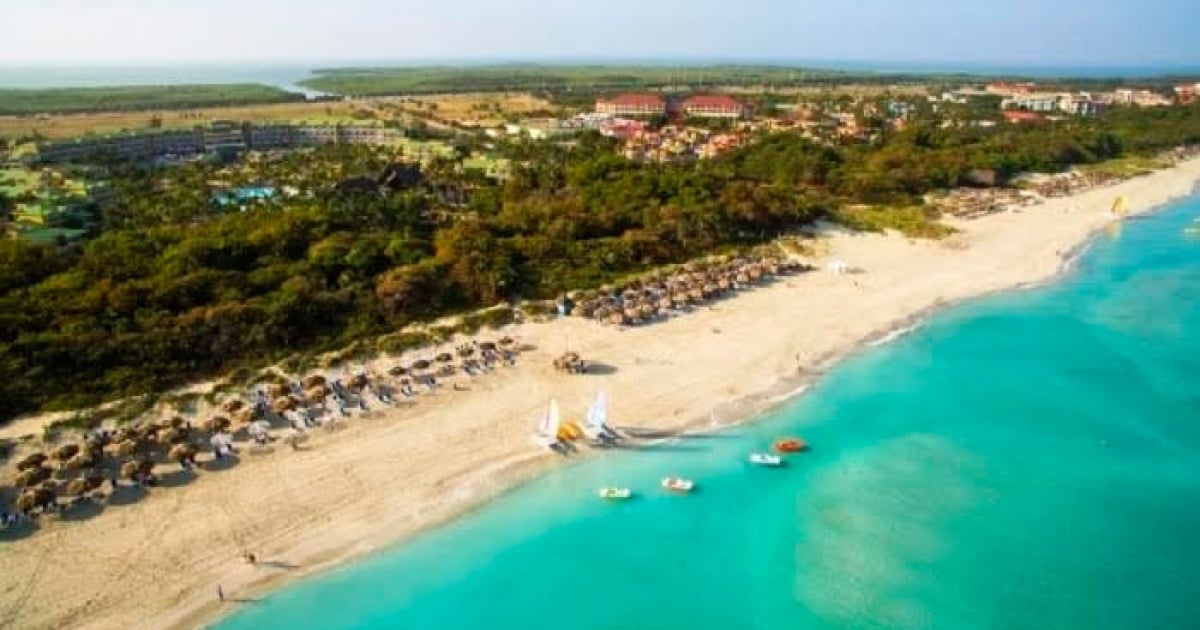
In a tourist context preparing for the high season, the Meliá Las Antillas hotel, located on the famous Varadero beach, has sparked controversy with a recent statement regarding the creation of an exclusive area on its beach, intended solely for German tourists.
This change has raised questions about the future of public management of Cuba's beaches, a sensitive topic given the history of the so-called Cuban Revolution, which at the discursive level prohibited the privatization of these natural spaces.
The official newspaper Girón reported that the deputy general director of the hotel, Yoel Luis Hernández Lantigua, highlighted in a recent interview the efforts to improve the establishment's infrastructure, including the installation of umbrellas and loungers, as well as the renovation of various areas.
However, among the measures announced was the creation of a beach area exclusively for German tourists, a segment that, according to him, has "special requirements."
This private area, located within a stretch of sea recently designated as "the best in the world" by the International Center for Training in Beach Management and Certification (CIFPLAYAS) and the Federal University of Rio Grande, undermines the regime's narrative of maintaining "a firm stance against the privatization of these spaces." The regime claims these areas are heritage for all Cubans and ensures that access to the beaches is free and open to everyone, regardless of origin or nationality.
The beaches, which are among the country's most important natural resources, were protected under a public access policy in an effort to prevent "capitalism and tourist exploitation" from impacting the enjoyment of these spaces by the local population.
The recent exclusivity for foreign tourists, particularly Germans, in a section of the beach at Meliá Las Antillas seems to contradict that longstanding position.
The Meliá Las Antillas Hotel, jointly managed by Cubanacán and the Spanish company Meliá, aims to attract the island's largest source markets, such as Russia, Canada, and, of course, Germany.
The day before, the regime confirmed that it is far from reaching its goal for this year in the tourism sector, as only 2.4 million visitors have arrived in the country so far this year.
Filed under: